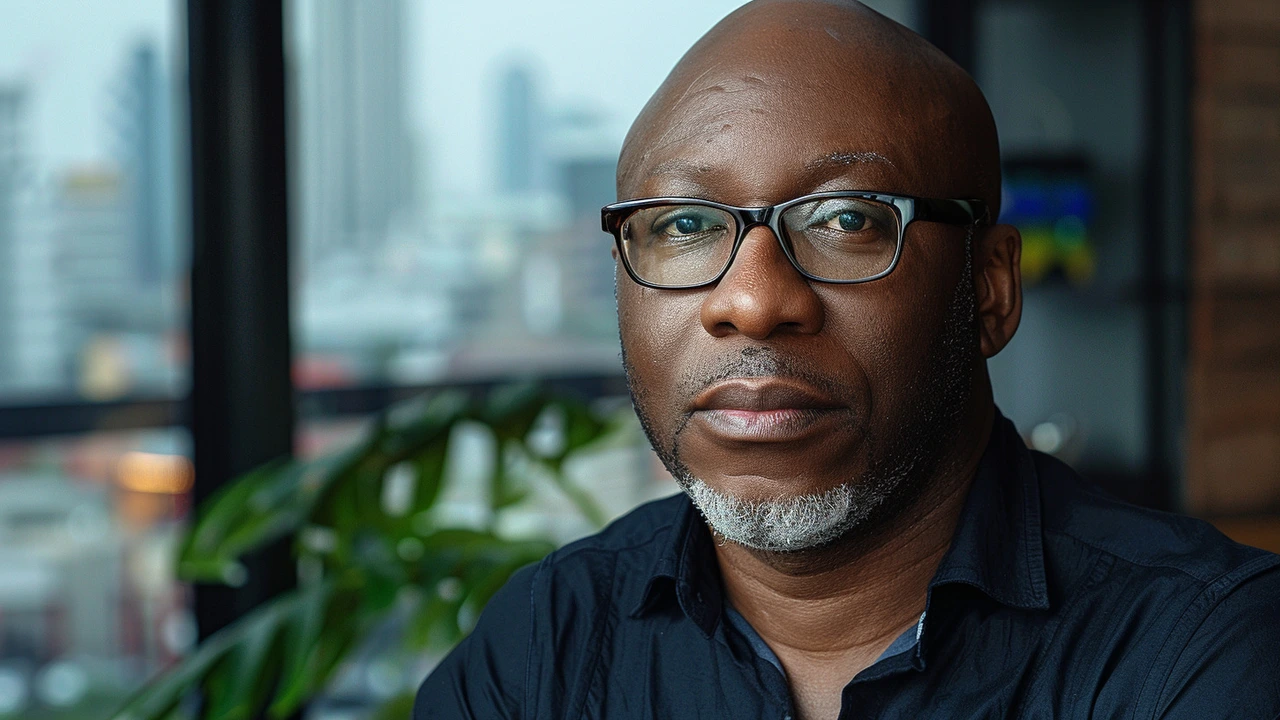Understanding Suicide: Signs, Support, and Prevention
Suicide is a tough topic but talking about it openly matters. Many people struggle with feelings so heavy they see no way out, but help really is available. Knowing the warning signs can make a big difference—changes in mood, withdrawing from friends, talking about hopelessness or wanting to die shouldn't be ignored.
It's not always obvious when someone needs help, but if you notice persistent sadness or drastic mood swings, reaching out directly shows you care and can save a life. Remember, it’s okay not to have all the answers—just being there to listen can help people feel less alone.
How to Support Someone at Risk
When supporting someone, avoid judgment or rushing to fix things. Let them share at their own pace and encourage seeking professional help. Crisis hotlines and counseling services are crucial resources for immediate support. Also, promoting healthy habits like regular sleep, exercise, and staying socially connected can improve mental wellbeing.
Taking Care of Yourself While Helping Others
Supporting someone through suicidal thoughts can be stressful; make sure you also look after your own mental health. Talk to trusted friends or counselors about your feelings. Remember, you're not alone in this. By spreading awareness and understanding, we all play a part in breaking the stigma and providing hope to those struggling.
Tragic Loss: Former Konga CEO Nick Imudia's Untimely Passing by Suicide in Lagos
Former Konga CEO and current CEO of D.light, Nick Imudia, tragically died by suicide in Lagos. At age 45, Imudia took his own life by jumping from his apartment balcony. Before his death, he communicated with family members, leaving many questions unanswered.
Julian Parsons | Jun, 27 2024 Read More
